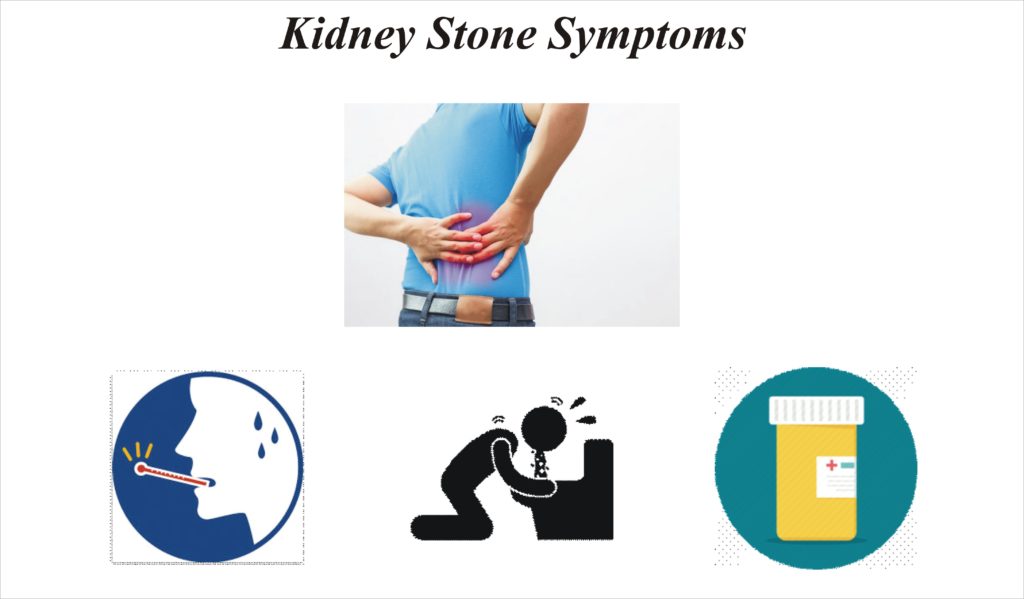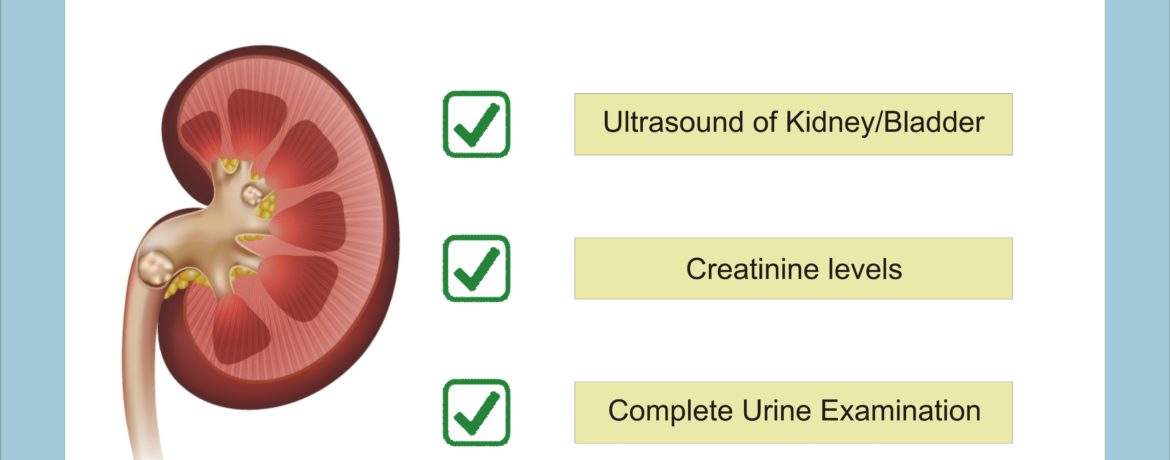The human body is a complex machine made up of a number of interconnected organs and organ systems. The organs are internally often soft, flexible and extremely sensitive. In such a situation, even a miniature irritant, and the process of its removal can cause extreme pain. One such irritant is the extremely small, and very painful, kidney stone.
While the exact cause of their formation is not established, some of the known reasons are hard water (above 300 PPM) or a history of kidney stones in the family.
Kidney stones are hard deposits of minerals and salts that form inside the kidneys. While the exact cause of their formation is not established, some of the known reasons are hard water (above 300 PPM) or a history of kidney stones in the family. The most common culprit of their creation, however, is the lack of water in the body, due to which kidney stones are often found in people who consume less than the prescribed 8-10 glasses of water in a day.
Ideally, a human being must consume around 30 to 50 ml times his/her weight of water every day.
Water consumption per day = Weight of the person (kgs) X 30 to 50 ml of water
A patient suffering from a kidney stone issue would present with the following symptoms:

- Severe pain in the side and back of the body, below the ribs
- Pain radiating towards lower abdomen and groin
- Fever and chills, if infection is present
- Nausea and vomiting
- Difficulty in urination
- Frequency in urination, but in small amounts
- Discolouration in the urine
If you are experiencing one or more of the above-mentioned symptoms, it is advisable to have the following tests performed:
- Ultrasound KUB (Kidney Urinary Bladder)
- Complete Urine Examination
- Creatinine test
While their occurrence is quite common, in both men and women, kidney stone treatment can be as simple as drinking lots of water to flush out the stones and taking pain medication to assist the process.
Treatment can be as simple as drinking lots of fluids to flush out the stones
Since kidney stones follow the natural path of urine and are removed through the ureters, the stones while moving from place to place can cause extreme pain and, in some situations, complications.
Other pointers to prevent kidney stones are:
- Limit salt intake to 6 gms/day
- Reduce intake of animal protein
- Ensure adequate fibre intake
- Consumption of enough fruits/vegetables particularly lemons, oranges etc
- Maintain a healthy body weight
Kidney stones are, normally, quite small in size, but if left untreated, can grow to the size of a golf ball. When they grow to such sizes, they can cause blockage of the tube connecting the kidneys to the bladder, which obstructs the path that urine takes to leave the body. In such cases, surgery may be required to break down and/ or remove the kidney stone.
When the stones grow to bigger sizes, surgery may be required to break down or remove the kidney stones
In extreme cases, there could also be infection and damage to the kidneys, which can present with additional symptoms like swelling in the feet and puffy face, accompanied by fever and nausea.
If you have been experiencing any of the symptoms mentioned here and need a medical opinion from specialist urologists in India, please put your details here.



